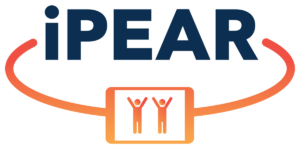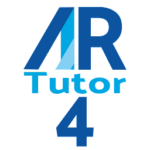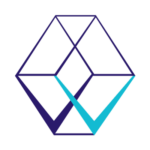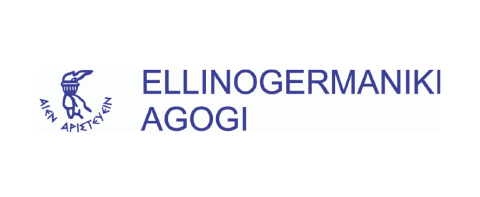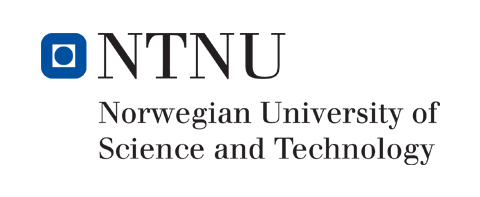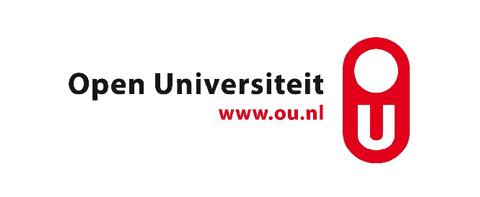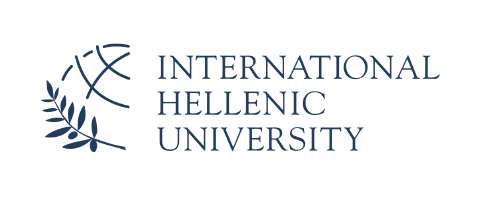Marathon, Greece | 9-14 July 2023
The Summer School is to familiarize participants with the eROBSON concept, methodology and applications that enable educational robotics approaches to work online using augmented reality.
Overall, this event will be an opportunity to explore an innovative teaching approach, working with a team of experts and other participants. We will have plenty of opportunities to share our experiences and learn from each other.
At the summer school, we will begin by introducing Educational Robotics. We will explore several Educational Robotics kits hands-on, learn about the theory behind them, and best practices.
We will also introduce Augmented Reality technology. We will explore the basic principles of the technology and how it is used for education. We will explore use cases from two European projects: iPEAR and ARIDLL.
We will continue with more practical work. The participants will explore Educational Robotics resources created with already familiar Augmented Reality platforms and discuss their use in different learning contexts. Building on the knowledge, experience and examples, the participants will start working on their own projects, guided by the organizers.
Where?
When?
Golden Coast
Marathon
Greece
9-14
July
2023
Workshop background
The proposed workshop theme is shared knowledge construction of viable technological distance learning solutions as alternatives for hands-on experiment-based teaching Educational Robotics and STEM in general. This theme is the main focus of eROBSON, an EU supported project, as will be briefly explained at the workshop.
The need for alternatives to live experimentation in the lab became evident throughout the COVID19 pandemic when emergency remote teaching needed to be developed just-in-time, for example, Birk et at. 2021 and Pozzi et al. 2021. In eROBSON researchers, educational technologists and educational practitioners from Greece, Netherlands and Norway design, develop and pilot innovative effective, enjoyable and affordable post-COVID distance learning solutions for teaching Educational Robotics and experiment-based school STEM teaching. eROBSON solutions will be based on state-of-the-art, affordable AR techniques (Ibáñez & Delgado-Kloos 2018). Together with these technical solutions eROBSON project designs teacher training, pedagogical scenario’s and innovative teaching tools, such as an AR-based toolbox that can be widely applied both in the context of school curricula and for informal learning activities.
At the start of the project, an expert study was conducted to ensure that design activities are grounded in the experiences and wishes of the target group. The study followed Group Concept Method (GCM) methodology. This is a consensus driven research approach that combines qualitative data collection with advanced quantitative data analysis techniques. GCM supports problem owners in constructing and refining deep understandings of a problem, in underpinning design choices or reaching consensus in a complex matter (Kane & Rosas 2017).
GCM methodology includes brainstorming and analytical follow-up activities of invited stakeholders with an online tool Groupwisdom. Collected input is analyzed with multivariate statistical techniques, such as multidimensional scaling (MDS) and hierarchical cluster analysis (HCA). Groupwisdom generates graphical representations of aggregated individual contributions as a collective “visual geography of a problem” that stakeholders can further discuss and interpret.
A total of 22 participants contributed to different phases of eROBSON GCM study. Participants included eROBSON project partners and invitees from their networks, both researchers and educational practitioners. Participants had expertise in ER, AR, software development and/or online teaching, design of learning activities. Individually they provided their standpoints on approaches best suited for online and blended learning enhanced by AR as a solution for the pandemic restrictions in teaching Educational Robotics and lab-based curricular activities in STEM in general. MDS and HCA analysis of individual input generated a variety of possible groupings of the collected ideas. Thereafter, a meaningful solution was determined by the eROBSON project team as a visual representation of eROBSON conceptual framework.
This framework represents 72 unique ideas (individual answers to the focus prompt trigger) as separate points on a two-dimensional space grouped in 6 clusters. These clusters, or components of the eROBSON conceptual framework are:
- educational ideas
- ideas on educational feedback
- ideas on requirements, modularity and content
- ideas on hardware and design requirements
- ideas referring to platform selection
- conceptual design ideas
eROBSON GCM study demonstrated that there is a high level of consent on educational ideas and basic principles and substantial differences in the way partners view and evaluate both importance and feasibility of ideas on software and hardware design, platform selection and foremost on conceptual issues. While the generated conceptual model provided sufficient input for the project to form a point of departure in design of solution prototypes, differences in standpoints which the GCM study demonstrated require further elaboration and knowledge construction effort.
Workshop organizers
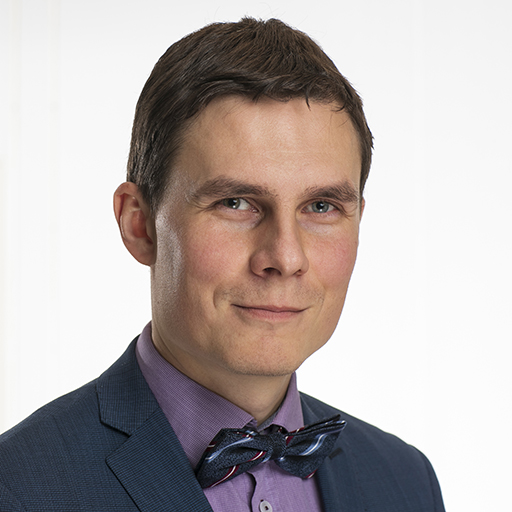
🤖 Mikhail Fominykh
Norwegian University of Science and Technology
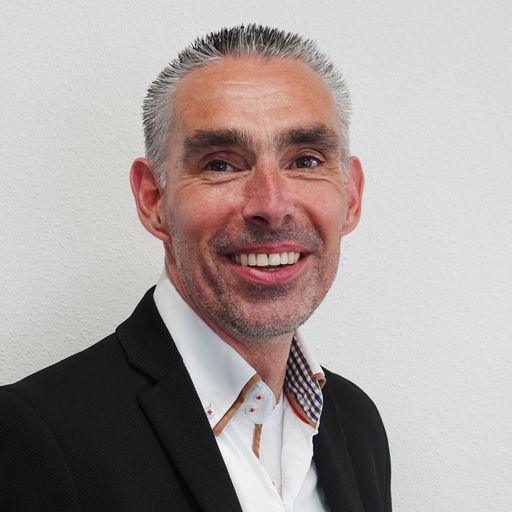
🤖 Nardie Fanchamps
Open University of the Netherland
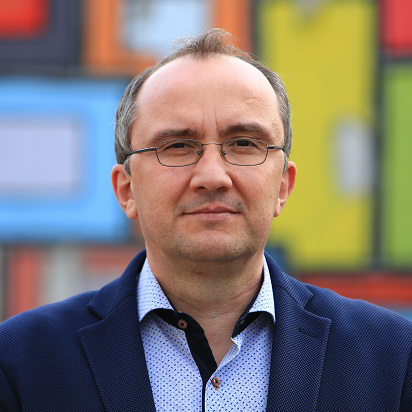
🤖 Dimitris Karampatzakis
International Hellenic University
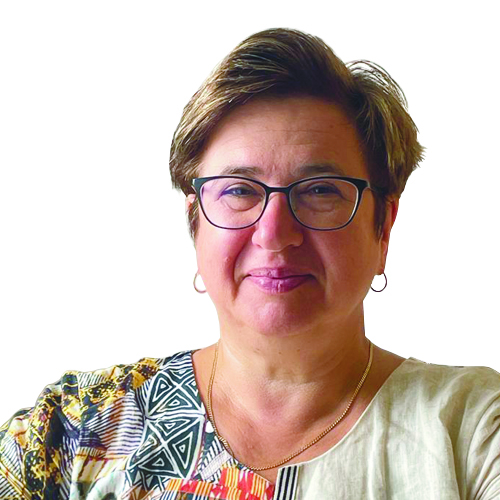
🤖 Olga Firssova
Open University of the Netherland
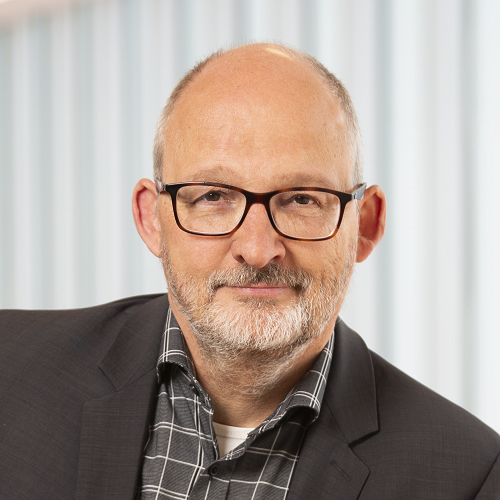
🤖 Gene Bertrand
Discovery Museum, Netherlands
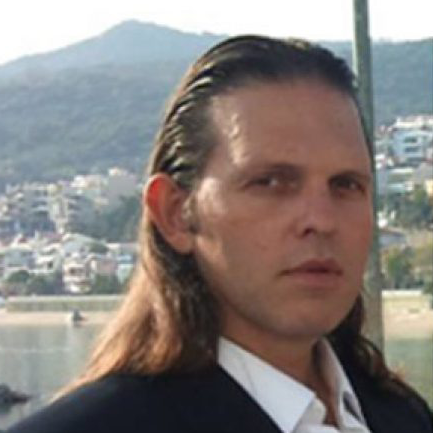
🤖 Avgoustos Tsinakos
International Hellenic University




